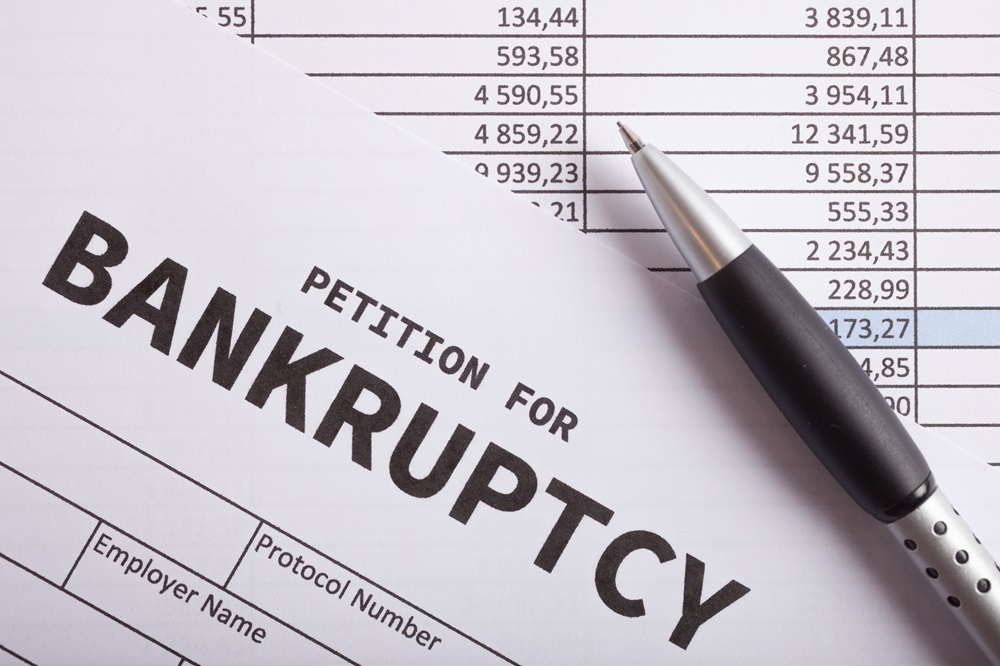The word “bankruptcy” can be quite daunting, but there are several types of bankruptcy with varying levels of severity. In fact, when considering filing for bankruptcy, individuals who don’t own a business typically have a choice between Chapter 7 and Chapter 13 bankruptcy. That being said, there are numerous Chapter 13 bankruptcy benefits that Chapter 7 lacks. This article will provide a deeper understanding of what Chapter 13 bankruptcy is, the key Chapter 13 bankruptcy benefits, and additional considerations to make when filing.
Understanding Chapter 13 Bankruptcy
Chapter 13 bankruptcy is also known as a wage earner’s plan. It allows individuals with regular income to determine a plan to repay all or part of their debts. The debtor will propose a repayment plan to make payments to their creditors over three to five years. Individuals can start a Chapter 13 case by filing a petition with the bankruptcy court in the area of their residence. From there, the debtor provides several pieces of information, including a list of all creditors and the amounts and natures of their claims, the source, amount, and frequency of the debtor’s income, a list of all the debtor’s property, and a detailed list of the debtor’s monthly living expenses such as food, taxes, and medicine.
Any individual is eligible for Chapter 13 bankruptcy as long as their combined debts are less than $2.75 million as of the date they file for bankruptcy. Additionally, as mentioned above, there are several differences between Chapter 13 and Chapter 7 bankruptcy. The main difference between the two is how they handle getting rid of an individual’s debt. Chapter 7 is a liquidation type bankruptcy, so the individual’s assets may be liquidated to repay creditors. In Chapter 13, individuals submit a bankruptcy repayment plan to creditors, as mentioned above.
Key Chapter 13 Bankruptcy Benefits
Debt Consolidation and Management
Also mentioned above were the key Chapter 13 bankruptcy benefits over those of Chapter 7. One of these key benefits involves debt consolidation and management. In Chapter 13 bankruptcy, individuals make a single monthly payment outlined in the bankruptcy repayment plan they submitted. This payment is managed by a trustee, someone (a federal employee) appointed by the court to oversee the debtor’s estate during the bankruptcy proceedings. The trustee will collect payments from the debtor and distribute them to the creditors according to the repayment plan. To the individual debtor, this provides a significant simplification of the repayment process.
Protection of Assets
Another of the key Chapter 13 bankruptcy benefits, especially when compared to Chapter 7, is the protection of certain assets. Individuals who file for Chapter 13 get to keep assets like their home, car, and other essential properties. In a Chapter 7 filing, debtors may need to liquidate these same assets. Chapter 13 debtors have the luxury of leveraging their repayment plan for protecting assets in bankruptcy.
Foreclosure Prevention
The potential to prevent foreclosure makes another entry on the list of Chapter 13 bankruptcy benefits. Individuals who file for Chapter 13 bankruptcy can include their mortgage arrears in their repayment plan, which is another good method for Protecting assets in bankruptcy. This way, they can stop foreclosure proceedings, giving them time and breathing room to make up for any missed payments.
Automatic Stay on Collections
One of the most sought-after Chapter 13 bankruptcy benefits is the fact that filing for Chapter 13 bankruptcy triggers an automatic stay on collections. An automatic stay in bankruptcy means that creditors must stop attempting to collect from the debtor until the court proceedings are complete. Creditors and commercial debt collections agencies who don’t stop attempting to collect can be sued by the debtor. The automatic stay in bankruptcy results in an immediate halt to creditor harassment, wage garnishments, and lawsuits, at least until the bankruptcy proceedings are complete.
Discharge of Remaining Debts
The discharge of any remaining debts after the completion of a Chapter 13 repayment plan makes another key Chapter 13 bankruptcy benefit. As long as the bankruptcy filing was successful, debtors can discharge the remaining balances on eligible debts after completing their repayment plan. Some of these eligible debts include debts from credit cards or property settlements in divorce or separation proceedings.
Improved Credit Score Potential
Filing for bankruptcy is certainly harmful to an individual’s credit score, but a key Chapter 13 bankruptcy benefit is the improved potential for their credit score to bounce back. Since Chapter 13 bankruptcy involves a repayment plan, making payments on time provides individuals an opportunity to demonstrate responsible financial management. Responsible financial management like this goes a long way to improving credit after bankruptcy.
Additional Considerations
Legal and Financial Requirements
Of course, there are also numerous legal and financial requirements individuals must adhere to when filing for Chapter 13 bankruptcy. Since Chapter 13 is a legal proceeding, compliance with court terms is imperative for individuals filing. Additionally, as mentioned above, bankruptcy filings involve the appointment of a trustee. A bankruptcy trustee is a federal employee appointed by the court to oversee the debtor’s estate during the proceedings. The role of the trustee can vary based on the Chapter of bankruptcy, but in Chapter 13, the trustee acts as a middleman, collecting payments from the debtor and sending them to the creditors. Trustees also monitor the case and report how well the debtor is meeting their obligations to the court.
Impact on Credit and Future Finances
It’s no secret that bankruptcy filings have a negative impact on credit and financial health. That being said, the impact of bankruptcy, especially Chapter 13, on an individual’s credit score is only temporary. There are also many methods for improving credit after bankruptcy, such as establishing and adhering to a budget, saving for emergencies, and seeking more financial education or guidance.
Benefitting from Chapter 13 Bankruptcy
It’s apparent that there are several Chapter 13 bankruptcy benefits for individuals who need to file bankruptcy, especially when compared to Chapter 7. Some of these benefits include debt consolidation due to the need for one repayment plan, the protection of assets from liquidation, and prevention of foreclosure through including mortgage arrears in the repayment plan. Additionally, wage earner’s plan debtors trigger an automatic stay on collections, and can discharge their remaining debts, as well as begin rebuilding their credit score after completion of the repayment plan. However, bankruptcy is a complex legal proceeding, and the advice of Chapter 13 bankruptcy lawyers should always be sought by individuals looking to file.




